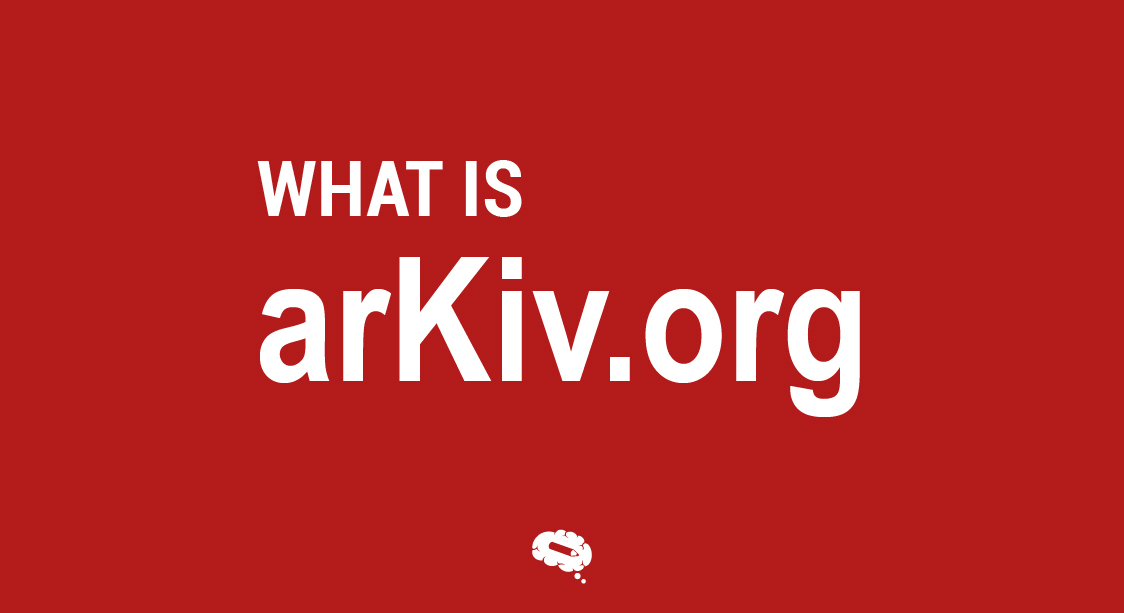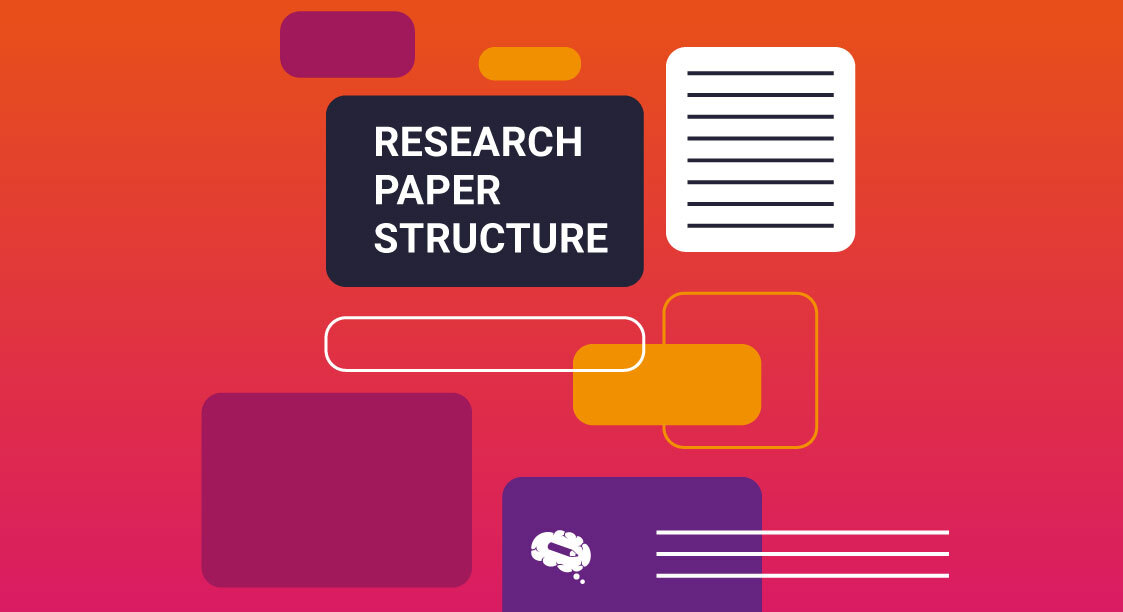Despite their unassuming looks, research verbs carry substantial weight in academic writing. The building blocks of argument development, method explanation, and evidence presentation are research verbs. Researchers can communicate their findings clearly and demonstrate the rigor and trustworthiness of their research by choosing the appropriate research verbs. Furthermore, by clarifying the author’s thought process and assisting in comprehension, these verbs can aid readers in navigating the complexity of academic literature.
Although they are of remarkable significance, research verbs are frequently misused, despite the fact that they are extremely important in determining the impact and clarity of academic writing. This article by Mind the Graph explores the essential significance of using the right research verbs to improve the quality and effectiveness of academic discourse.
What are Research Verbs?
Research verbs are a specific and essential category of words utilized in academic writing to convey the actions, procedures, and findings of research. They play a significant role in enhancing the clarity, precision, and effectiveness of researchers’ writing, enabling them to express their intentions with greater impact.
Within academic writing, research verbs cover a broad spectrum of actions and concepts associated with research. They encompass verbs used to describe research methods (e.g., investigate, analyze, experiment), present research findings (e.g., demonstrate, reveal, illustrate), and discuss implications and conclusions (e.g., suggest, propose, validate).
The careful selection of research verbs holds utmost importance as it directly influences the overall tone, rigor, and credibility of academic writing. By choosing the most fitting research verbs, researchers can ensure their writing is precise, clear, and accurate, allowing them to effectively communicate their research to their intended audience.
In addition to research verbs, selecting the right words throughout the academic writing process is crucial. It contributes to the attainment of the aforementioned goals of precision, clarity, and accuracy. To gain deeper insights into the importance of word choice in academic writing, read the article titled “The Importance of Word Choice with Examples.” This article offers valuable perspectives and practical examples that can further enhance your understanding of the significance of word choice in academic writing.
Types of Research Verbs
There are various types of research verbs that are commonly used in academic writing. These verbs can be categorized based on their specific functions and the stages of the research process they represent.
Verbs for Analyzing Data
To examine, understand, and gain significant insights from research findings, particular verbs are used when analyzing data. These verbs aid in the exploration of connections, the discovery of patterns, and the drawing of conclusions based on the available facts:
- Analyze: Systematically examine data to find patterns or connections.
- Interpret: Describe the relevance of the data or outcomes and their meaning.
- Compare: Show how several data sets or variables differ from one another.
- Correlate: Examine the connection or relationship between variables.
- Calculate: Perform calculations on data using math or statistics.
Verbs for Defining Processes
Defining research processes entails providing specifics on the steps, procedures, and methods used throughout the study. Verbs in this category facilitate a clear and accurate explanation of how the research was conducted:
- Outline: Provide a general overview or structure of a research process.
- Detail: Elaborate on the specific steps or procedures undertaken in the research.
- Explain: Clarify the rationale or logic behind a particular research process.
- Define: Clearly state and describe key concepts, variables, or terms.
- Illustrate: Use examples or visuals to demonstrate a research process.
Verbs for Summarizing Results
After the research has been concluded, researchers provide a succinct summary of their results. These verbs help researchers highlight key findings, give an overview of the findings, and draw conclusions from the data:
- Summarize: Provide a concise overview or brief account of research findings.
- Highlight: Draw attention to the key or significant results.
- Demonstrate: Present evidence or data that supports a particular finding.
- Conclude: Formulate a generalization or inference based on the results.
- Validate: Confirm or corroborate the findings through additional evidence or analysis.
Verbs for Describing Literature Review
During the literature review phase, researchers examine existing scholarly works and relevant studies. Verbs in this category help researchers express their evaluation, synthesis, and analysis of the literature. Such verbs include, for instance:
- Critique: Evaluate the strengths and weaknesses of existing literature on a topic.
- Summarize: Provide a brief overview of the key findings and conclusions of existing literature on a topic.
- Compare: Identify similarities and differences between the findings and conclusions of multiple studies on a topic.
- Synthesize: Combine the findings and conclusions of multiple studies on a topic to identify broader trends or themes.
- Evaluate: Assess the quality and validity of existing literature on a topic.
Verbs for Speculating and Hypothesizing
Exploring possible connections or explaining occurrences requires speculation and the formulation of hypotheses. These verbs allow researchers to present their speculations, assumptions, or proposed hypothesis:
- Propose: Put forward an idea or hypothesis for further study or investigation.
- Speculate: Offer a possible explanation or theory for a phenomenon or observation.
- Predict: Use existing data or theories to make a forecast about future events or outcomes.
- Hypothesize: Formulate a testable explanation or hypothesis for a phenomenon or observation.
- Suggest: Offer a potential explanation or interpretation for a result or finding.
Verbs for Discussing Limitations and Future Directions
Acknowledging the limitations of the research and suggesting future directions is important for demonstrating a comprehensive understanding of the field. Verbs in this category help researchers address the constraints of their study and provide insights for future research:
- Limit: Identify the limitations or weaknesses of a study or analysis.
- Propose: Suggest potential solutions or avenues for further research to address limitations or weaknesses.
- Discuss: Analyze and reflect on the implications of limitations or weaknesses for the broader field or research area.
- Address: Develop a plan or strategy for addressing limitations or weaknesses in future research.
- Acknowledge: Recognize and address potential biases or limitations in a study or analysis.
Tips for Using Research Verbs
These tips will help you make the most of research verbs, ensuring that your language is active, precise, and consistent. By incorporating these strategies, you can elevate the quality of your writing and effectively communicate your research findings to your readers.
Using Active Language
- Use active voice: Active voice makes your writing more dynamic and engaging. It also clearly identifies the doer of the action. For example, instead of saying “The data were analyzed,” say “We analyzed the data.”
- Highlight the subject: Ensure that the subject of the sentence is the main focus and performs the action. This brings clarity and emphasizes responsibility.
Choosing Precise Verbs
- Be specific: Select verbs that precisely convey the action you want to describe. Avoid generic verbs like “do” or “make.” Instead, use verbs that accurately depict the research process or findings. For example, use “investigate,” “analyze,” or “demonstrate.”
- Utilize a thesaurus: Expand your vocabulary and find alternative verbs that convey the exact meaning you intend. A thesaurus can help you discover more precise and varied verbs.
Maintaining Consistency
- Stay consistent in verb tense: Choose a verb tense and maintain it consistently throughout your writing. This ensures coherence and clarity.
- Establish a style guide: Follow a specific style guide, such as APA or MLA, to maintain consistency in the use of research verbs and other writing conventions.
Resources to Help You Use Research Verbs
Take into consideration the following resources to improve your use of research verbs:
- Writing Manuals and Guides: For reliable information on research verbs and academic writing, consult guides such as “The Craft of Research” or “The Elements of Style.”
- Academic Writing Workshops: Attend webinars or workshops on academic writing that address subjects like research verbs and enhancing scholarly writing.
- Online Writing Communities: Participate in online writing communities where researchers exchange materials and discuss writing techniques.
- Language and Writing Apps: Use grammar checker tools like Grammarly or ProWritingAid for grammar and style suggestions.
Exclusive scientific content, created by scientists
Mind the Graph provides exclusive scientific content created by scientists to support researchers in their scientific endeavors. The platform offers a comprehensive range of tools and resources, with a focus on scientific communication and visualization, Mind the Graph empowers researchers to effectively showcase their work, collaborate with peers, and stay up-to-date with the latest scientific trends.


Subscribe to our newsletter
Exclusive high quality content about effective visual
communication in science.




